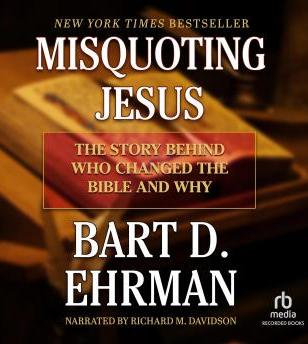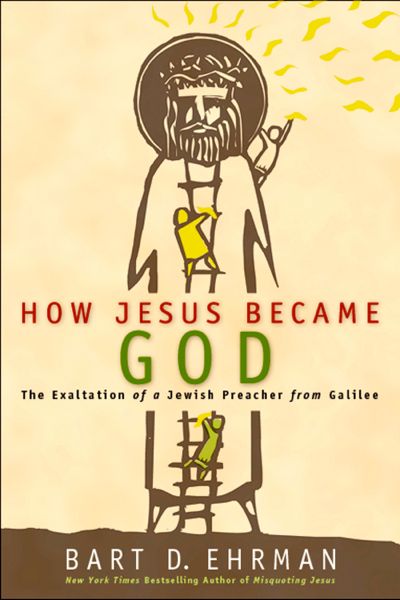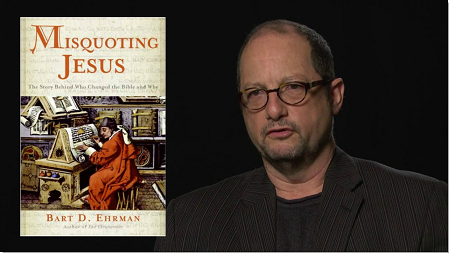|
home | what's new | other sites | contact | about |
|||||
|
Word Gems exploring self-realization, sacred personhood, and full humanity
Prof. Bart D. Ehrman
return to the main-page article on "Bible"
Dr. Ehrman speaks of this in an interview. Listen at 15:46. This reference to Abiathar exists in all the ancient manuscripts, and so it's not a scribal interpolation. There are many theories concerning this verse as effort to shore-up biblical inerrancy; many which offer, "Well, it could have been due to this-or-that." But these merely reflect a disposition toward "pathological harmonizing", a slippery slope toward dishonest scholarship. The text says what it says with no easy linkage to absolving metaphor but simply a plain statement. All of which begs the question, if there are small contradictions such as this in the text, the door is now open to the possibility of larger ones.
|
|||||
|
|


